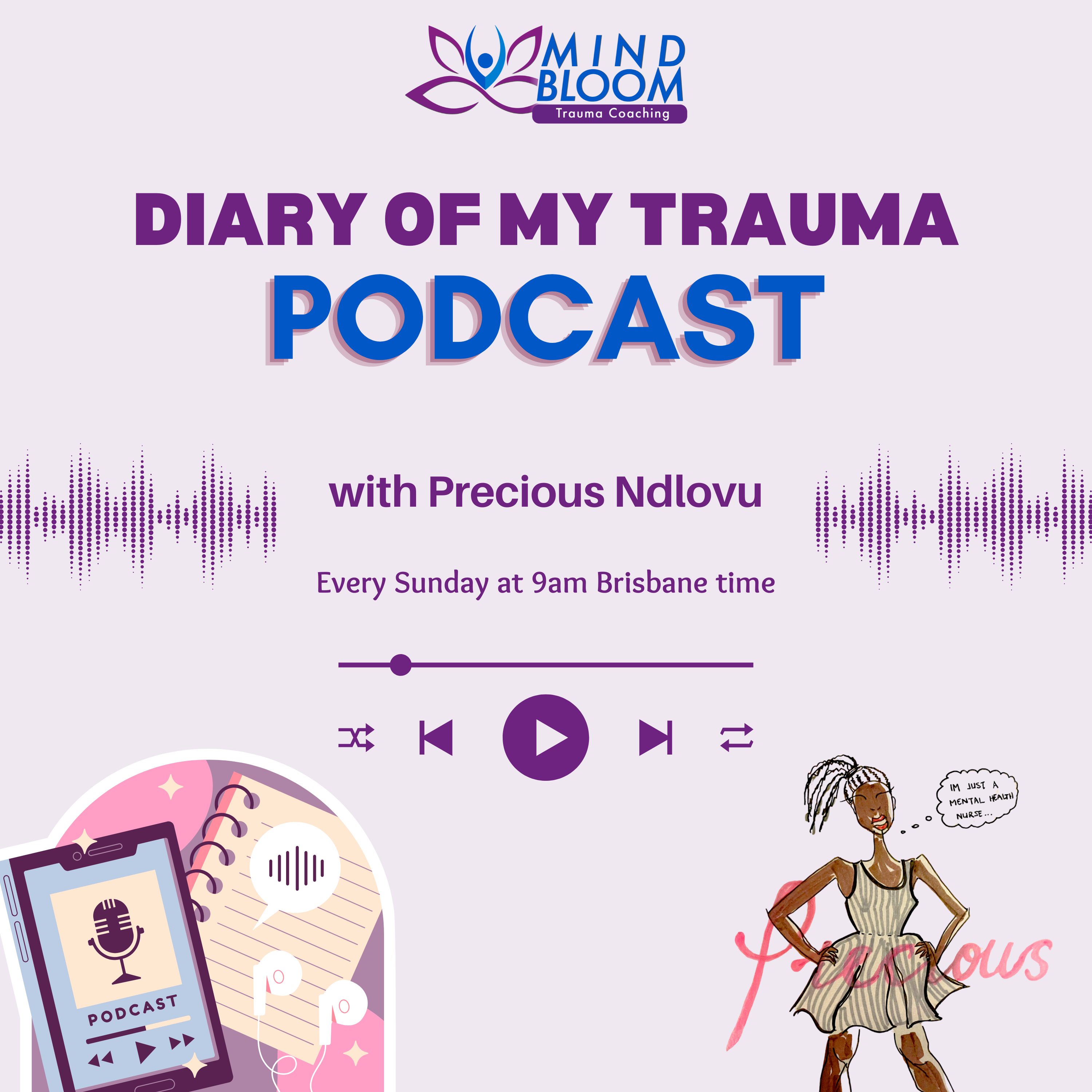Depression can be an overwhelming experience that makes you feel isolated, disconnected, and uncertain about how to move forward. While seeking professional help is always encouraged, there are times when you might feel the need to manage it on your own, even if just to get through a rough patch. Here are some practical tips for managing depression when you’re tackling it by yourself.
1. Acknowledge How You Feel
The initial step in managing depression is recognising that it’s alright to feel the way you do. Ignoring or suppressing emotions might make things worse. Give yourself permission to acknowledge your feelings without judgement.
2. Start with Small Goals
When depression hits, even simple tasks can seem insurmountable. Set small, achievable goals every day—like getting out of bed, having a shower, or taking a short walk. Celebrate each achievement, no matter how minor.
3. Create a Daily Routine
Depression can disrupt your daily life and leave you feeling out of control. Having a routine, even a flexible one, can provide structure and help you feel more grounded. It could include waking up at a set time, eating regularly, or scheduling time for relaxation.
4. Get Moving
Exercise might seem impossible when you’re feeling low, but physical activity can boost your mood by releasing endorphins. It doesn’t have to be intense—gentle yoga, stretching, or even a short walk can make a difference.
5. Practice Mindfulness and Meditation
Engaging in mindfulness and meditation can help you stay anchored in the present and reduce the impact of negative thoughts. These practices enhance self-awareness and relaxation, assisting in managing anxiety and stress often associated with depression.
6. Limit Negative Input
Social media, news, and toxic relationships can exacerbate feelings of hopelessness or inadequacy. Set boundaries on your media consumption and reduce time spent around people or situations that drain your energy.
7. Reach Out for Support (Even if You’re Doing It Alone)
Managing depression doesn’t mean you have to isolate yourself completely. While you might not feel like discussing your emotions, having someone to talk to can be a lifeline. Friends, family, or even online support communities can offer understanding and connection.
8. Journaling
Writing down your thoughts can help you process emotions, gain clarity, and relieve stress. Journaling allows you to express yourself freely and can provide insight into triggers or patterns in your depression.
9. Focus on Nutrition
The food you eat can have a significant impact on your mood. Try to maintain a balanced diet that includes fresh fruits, vegetables, whole grains, and proteins. Stay hydrated and avoid excessive caffeine, sugar, or processed foods that may contribute to mood swings.
10. Seek Professional Help if Needed
Although this article focuses on managing depression independently, it’s crucial to acknowledge when professional support is needed. Therapists, counsellors, and doctors are equipped to offer guidance, and medication could be an option for you. Seeking help is nothing to be ashamed of.
Fighting depression on your own doesn’t mean you have to do it entirely alone. Use these strategies as tools to regain control of your life, but always be open to reaching out for help if needed. Your mental health matters and taking small steps can make a significant difference.




